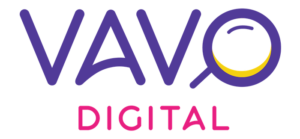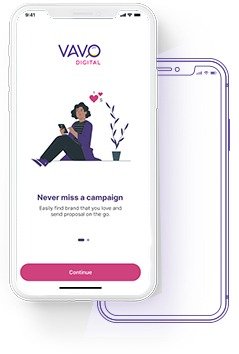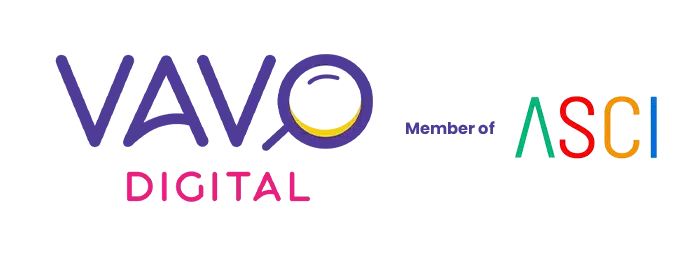
Is Paid Partnership Tag Suppressing Your Reach?
”Should I go for organic or paid content? Or hey, should we execute a mixed strategy?”
Being in the advertising industry, these questions might have been ringing in your ears quite frequently. However, if you are a brand, we are sure you would have definitely put deeper thought into this.
While both organic and paid content is important, we saw an increase in paid partnerships in the last few years. Influencer-generated content saw an immense demand amongst many brands too.
Well, this came as no surprise. It’s because telling a brand story through an influencer’s voice always has a great impact. While brands & influencers went on creating partnered content, FTC i.e., Federal Trade Commission, stepped in and introduced new guidelines regarding the brand-influencer partnership. They simply wanted to take a step toward social transparency and credibility on a platform, which tops the list for influencer marketing.
Thus, Instagram introduced the Paid Partnership Tag back in the year 2017. But why are we talking about it suddenly?
Before we start discussing it, let us first know what Paid is a Paid Partnership Tag?
It occurs when an influencer or a creator shares a feed post or a story and tags a business account with whom they want to partner. This tag allows creators to be more transparent with their audience. Furthermore, it’s a way the creator is disclosing the fact that a particular post is sponsored. And that their reviews about a particular product or service may be a little biased.
Marketers & brands, on the other hand, benefitted from this feature because the Paid Partnership Tag allows them to have a better understanding of their audience through detailed insights.
Although it has been proving magical for brands to study the insights, recent findings have shown that paid partnerships have suppressed their reach.
As we all know, a coin has two sides!
The conclusion to this problem hasn’t been confirmed yet as these findings majorly depend on the experiences of certain agencies.
Many of them reported a steep decline in reach as well as engagement after executing the paid campaigns. To put it simply, these findings say that organic feed posts perform much better than paid campaigns.
The real question is if this is happening with everyone? Before diving in, understand that being in the marketing industry, what works for others might not work for you!
Well, it’s like that first date, where your friend advised you to be careful while cracking those lame jokes. But ironically, it worked in your favor :p
But on a serious note, if you want to know whether it’s happening with you or not, run a test. Create a paid campaign and, in the end, measure the results. Compare the paid campaign results with regular posts metrics, and see the difference. This test can let you know if the paid partnership campaigns have been working well for you or not.
If the results are pouring negatives, then influencers should be upfront about their change in metrics during paid partnerships. This will help brands to know how they should go ahead with the campaign.
As far as brands are concerned, they should look more closely at the number of their current paid partners, and make a decision accordingly.
On the contrary, what if you don’t want to run a test, and continue doing paid ads? How can you improve the results? It’s no magic! If we have to be honest, there are several reasons why you see a decline in your reach and engagement. Some of the reasons may be your content and collaboration type.
Keep a check on your content strategy and ensure that it resonates well with your audience & provides them value. Secondly, collaborate with the influencer or creators in your niche because they can understand your campaign goals in a much better way!
However, it’s always better to do a test & trial and then make a wise decision! So what are you planning to do now? Run a rest or continue doing paid ads by changing your content strategy!


